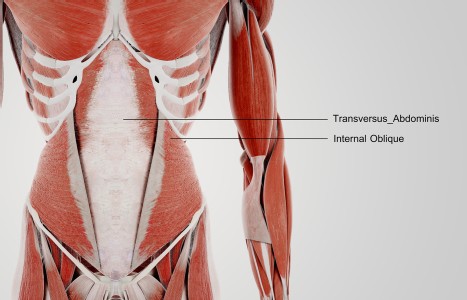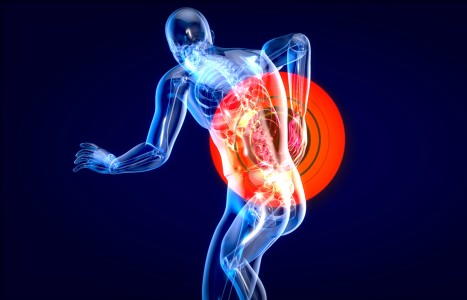TrA-2, my primary needle location, I needle 95% of the time and I think it works the best. You’ll know you have the right point location when you discover the muscle twitching when applying electric stimulation.
Wuyi Mountain Photo Essay
Wuyi Mountain (Wuyi Shan), located in the far northern reaches of the Fugian province, is famous for oolong teas as well as some of the most rural, scenic and pristine mountainous areas of the entire tea-growing region in China. Our first trip there was in 2002, and I was shocked to have the retired mayor of the village of Wuyi inform me that I was the second foreigner that he had ever met in his life. The first was an Australian environmental engineer whom Beijing had sent there to "check on the farm." What a farm it was! Hong Ji, Xiao Yuan (Hong's sister), Guo Fa (Hong's father) and I were treated to a fresh farm meal that lasted 2.5 hours.

This past spring, I had the good fortune to travel there again with some local tea friends to check out the spring flush-picking activities. Besides learning more about, shopping for and drinking great red oolong tea, activities included lots of incredible hiking, rafting and swimming. We even traveled to a more remote village far up in the mountains, via dirt roads. The tiny, well-preserved, historic village is more than 200 years old, built cantilevered out over a small mountain creek loaded with fish. It was a rather affluent village in its day. It has many very beautiful homes, with their own courtyards and water wells, surrounded by a perimeter wall. The home where I stayed still uses a traditional wood-fired stove and had great sights, smells, scenery, food and some of the sweetest people I have met in my entire lifetime.

Tremendous development of new roads, hotels, restaurants, resort accommodations and even a golf course has taken place over the past five years. There also have been some new developments in the local tea scene, as the Taiwanese continue to gain influence over mainland Chinese tea growing and processing. Now, yan cha ("rock cliff tea" - the local term for their red oolongs) is "aged," as it has become evident that these teas get sweeter, more aromatic and stronger over time. They now are even starting to press yan cha into bricks, similar to the typical processing of pu-erh cha from the Yunnan province. The bricks are both hard- and soft-pressed discs, paper-wrapped in most cases. Prices are soaring for high-grade leaf, now that the rest of Asia has learned about these fabulous new teas. The year 2007 proved to be a great year for a tea trip and superb spring-flush vintage tea.
They say "a photo is worth a thousand words," so please join in on this photo tour of Wuyi Shan!



